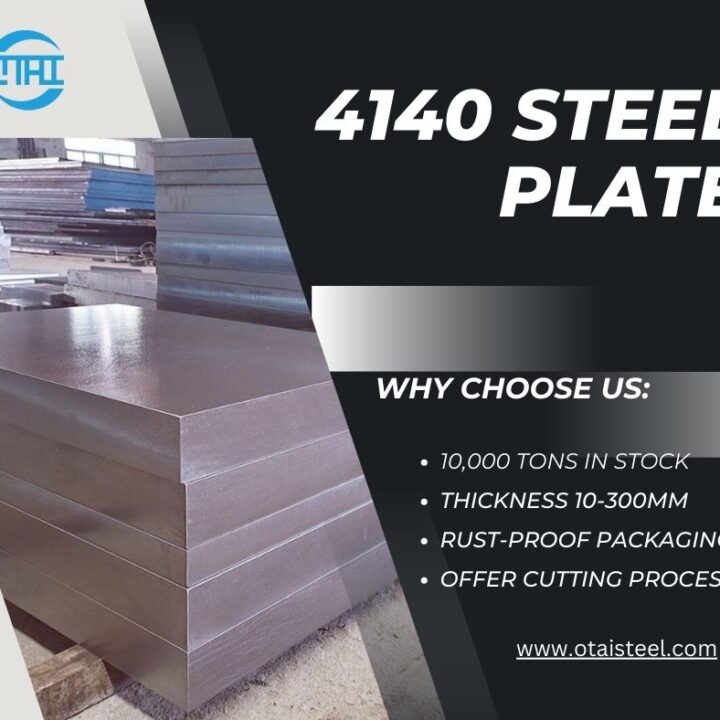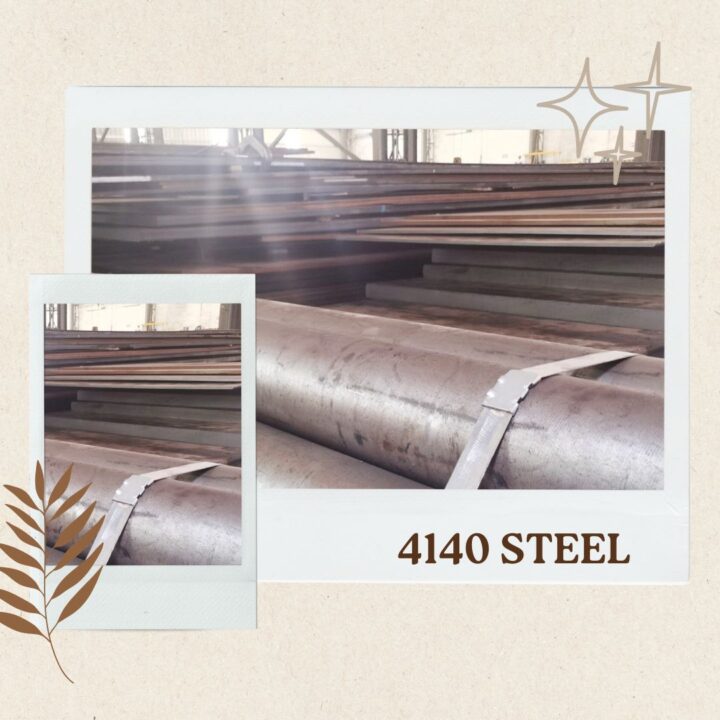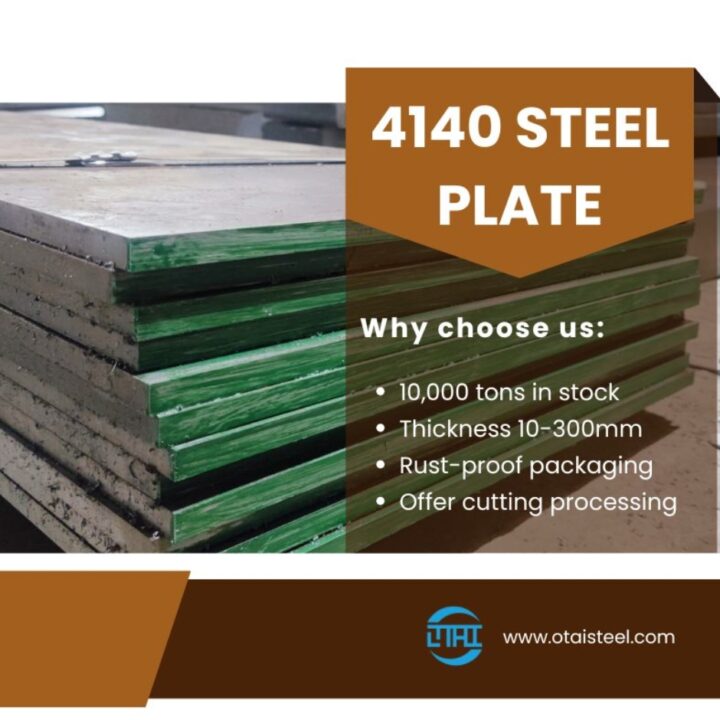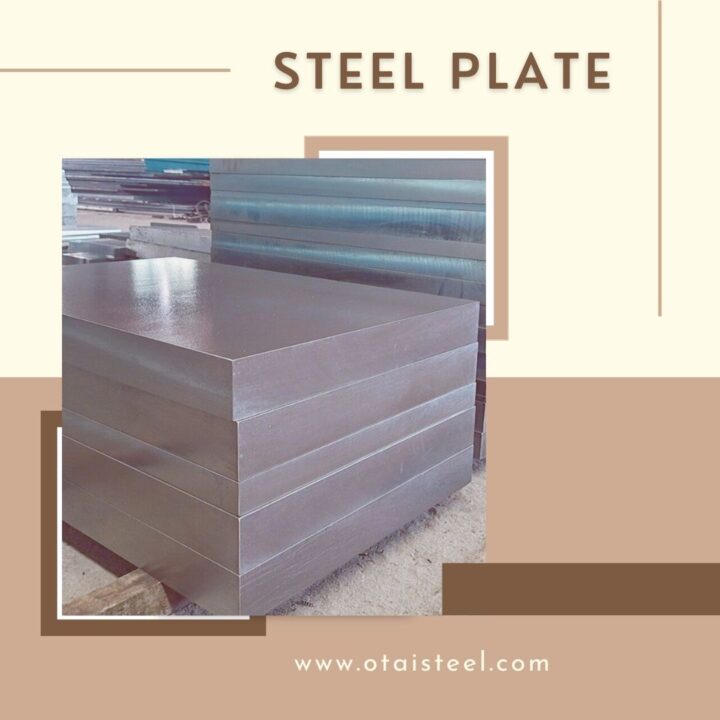4140 steel, also known as AISI 4140 or SAE 4140, is a versatile low-alloy steel that contains chromium, molybdenum, and manganese. It is commonly used in various engineering applications due to its high strength, toughness, and wear resistance. The material’s chemical composition and controlled manufacturing processes contribute to its favorable properties, making it an excellent choice for precision instruments and measurement tools.
Key Properties of 4140 Steel for Precision Instruments
- High Strength and Durability
One of the primary reasons for using 4140 steel in precision instruments is its exceptional strength and durability. The material can withstand high mechanical stresses and loads without deformation or failure, ensuring the stability and longevity of the instruments.
- Excellent Dimensional Stability
Precision instruments and measurement tools require dimensional stability to maintain accurate readings over time. 4140 steel exhibits minimal dimensional changes due to temperature fluctuations or prolonged usage, guaranteeing consistent measurements.
- Superior Machinability
Manufacturing precision instruments often involves intricate machining processes. 4140 steel’s excellent machinability allows for the production of complex shapes and precise components, crucial for the functionality of the tools.
- Good Wear Resistance
Precision instruments are frequently subjected to wear and friction during operation. The wear-resistant nature of 4140 steel ensures that these tools can maintain their accuracy and performance even after prolonged use.
- Suitable Heat Treatment Options
4140 steel can undergo various heat treatment processes, such as quenching and tempering, to achieve specific mechanical properties. This versatility allows manufacturers to tailor the material for particular instrument requirements.
Applications of 4140 Steel in Precision Instruments
- Calipers and Micrometers
Calipers and micrometers are fundamental measuring tools used in various industries for precise length and diameter measurements. 4140 steel’s dimensional stability and high accuracy make it an ideal material for manufacturing these tools.
- Gauges and Dial Indicators
Gauges and dial indicators are used to measure tolerance levels and variations in dimensions. The durability and wear resistance of 4140 steel ensure that these instruments can provide accurate readings consistently.
- Vernier Scales and Height Gauges
Vernier scales and height gauges are essential for precise measurements in workshops and laboratories. 4140 steel’s machinability allows for the intricate parts required in these instruments.
- Protractors and Angle Measurement Tools
Protractors and angle measurement tools are used to measure angles accurately. The stability and dimensional consistency of 4140 steel guarantee the precision required for these tools.
- Measuring Cylinders and Test Tubes
In laboratories, measuring cylinders and test tubes are used for volume measurements. The high strength and corrosion resistance of 4140 steel make it suitable for these applications.
Advantages and Considerations
- Cost-Effectiveness
4140 steel offers a cost-effective solution for precision instruments, as it combines high-performance properties with relatively lower material costs compared to some specialty alloys.
- Precise Calibration and Accuracy
The inherent stability and machinability of 4140 steel allow for precise calibration during manufacturing, resulting in accurate and reliable instruments.
- Surface Finish and Corrosion Resistance
Surface finish and corrosion resistance are essential considerations in precision instruments. Proper surface treatments and coatings can enhance 4140 steel’s corrosion resistance and improve its overall performance.
As technology advances, the demand for precision instruments will continue to grow, making 4140 steel a key material in this critical sector.









